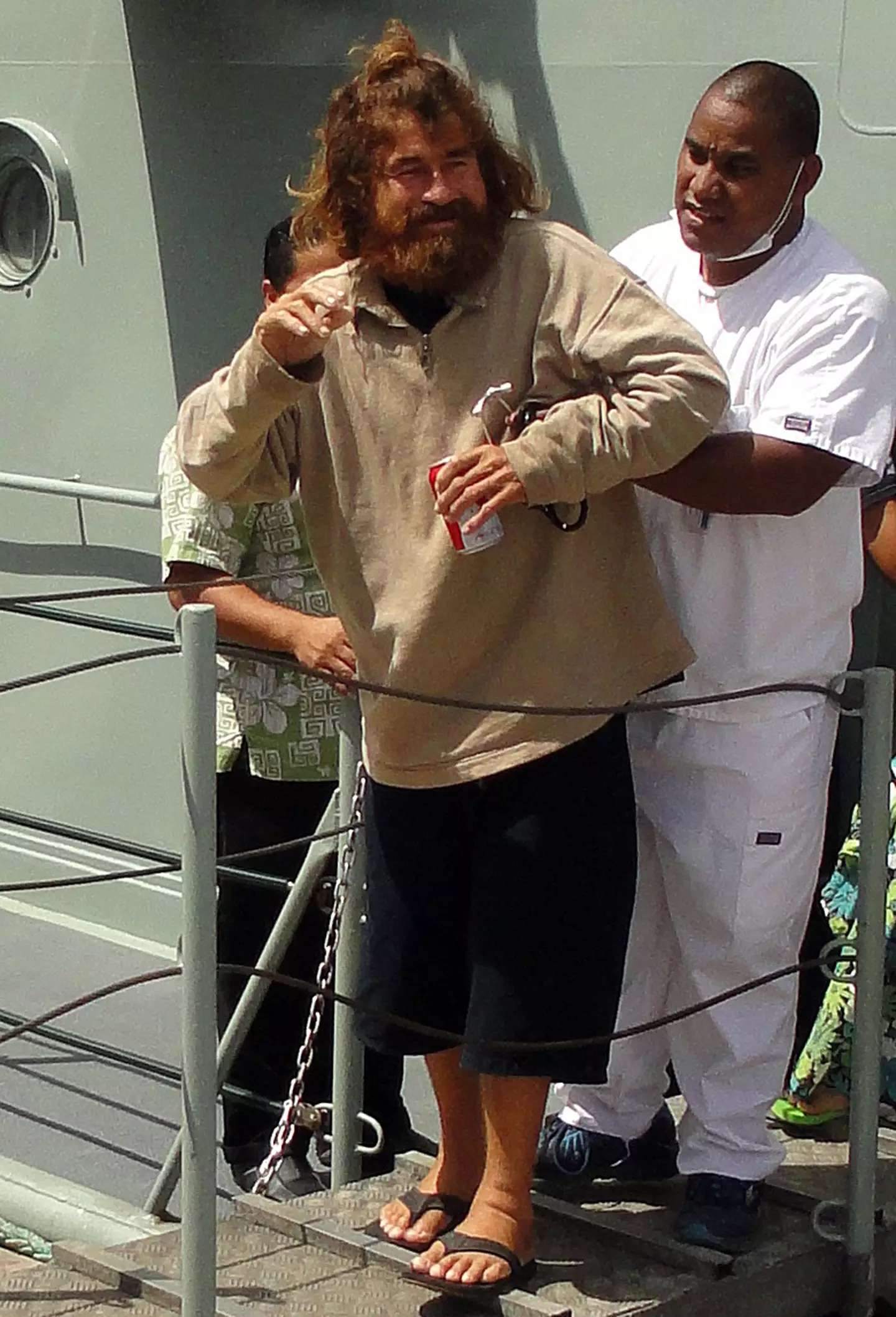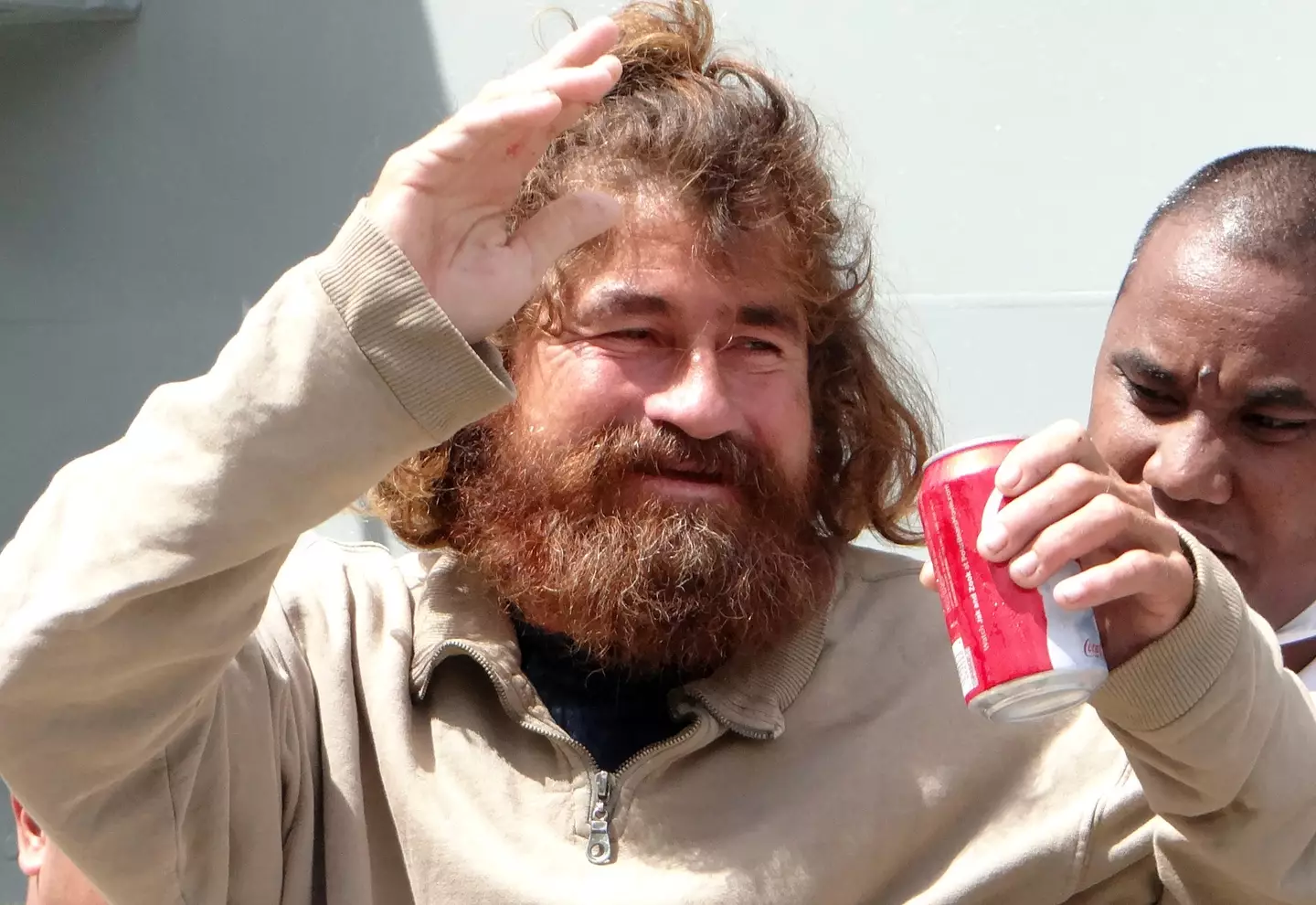
Imagine being stranded at sea for more than a year just to be sued when you finally return to dry land.
In 2012, Mexican fisherman José Salvador Alvarenga headed out on a two-day fishing trip with fellow fisherman Ezequiel Córdoba, who was 22 at the time.
The trip started off well for the pair. But when a storm began to set in, they were faced with a dilemma. Do they return to shore with less fish than anticipated or brave the inclement weather?
Ultimately, the men decided to keep fishing and see what else they could catch.
Advert
It was a decision they would soon regret.
Their boat got caught in a vicious storm that raged on for a whole week.
Although they were only 15 miles from the coast, the strong winds pushed them further into the Pacific Ocean.

Advert
And, if that wasn't bad enough, the boat's motor cut out, leaving them completely stranded.
At one point, they were able to radio their boss to tell him what had happened, but unfortunately their radio lost power before he could rescue them.
The fishermen survived by eating turtles, bird blood and fish while lost at sea. But after 10 weeks, Córdoba became unwell and passed away, leaving Alvarenga alone.
When Alvarenga began hallucinating that he was talking to his dead friend, whose body was lying in the boat, he decided he had to let him go.
Advert
"I could see my death was going to be very, very slow," he told The Telegraph.
He then continued to live on his own at sea for 438 days, during which he made numerous attempts to flag down passing ships to no avail.
That was until he came across a tiny island called Ebon Atoll, around 6,700 miles from Mexico.
Alvarenga swam to shore and found a beach house owned by a local couple who were able to wave down help.
Advert

After he was rescued, the fisherman's ordeal was in a book called 438 Days: An Extraordinary True Story of Survival at Sea, but shortly after its release, Córdoba's family launched a $1 million lawsuit against him on grounds of cannibalism.
Alvarenga vehemently denied claims that he'd eaten his crewmate, saying they'd made a pact not to do so.
Interestingly enough, however, even if he had eaten Córdoba, he may not be liable to pay compensation to his family.
Advert
The common law defense of 'necessity' can be used to excuse a defendant if the act was necessary to preserve their life.
Provided Alvarenga hadn't killed Córdoba in order to eat him, the act itself may be excusable.
His lawyer, Ricardo Cucalon told Elsalvador.com: "I believe that this demand is part of the pressure from this family to divide the proceeds of royalties.
"Many believe the book is making my client a rich man, but what he will earn is much less than people think."
Alvarenga went on to pass a lie detector test to prove he was telling the truth.
